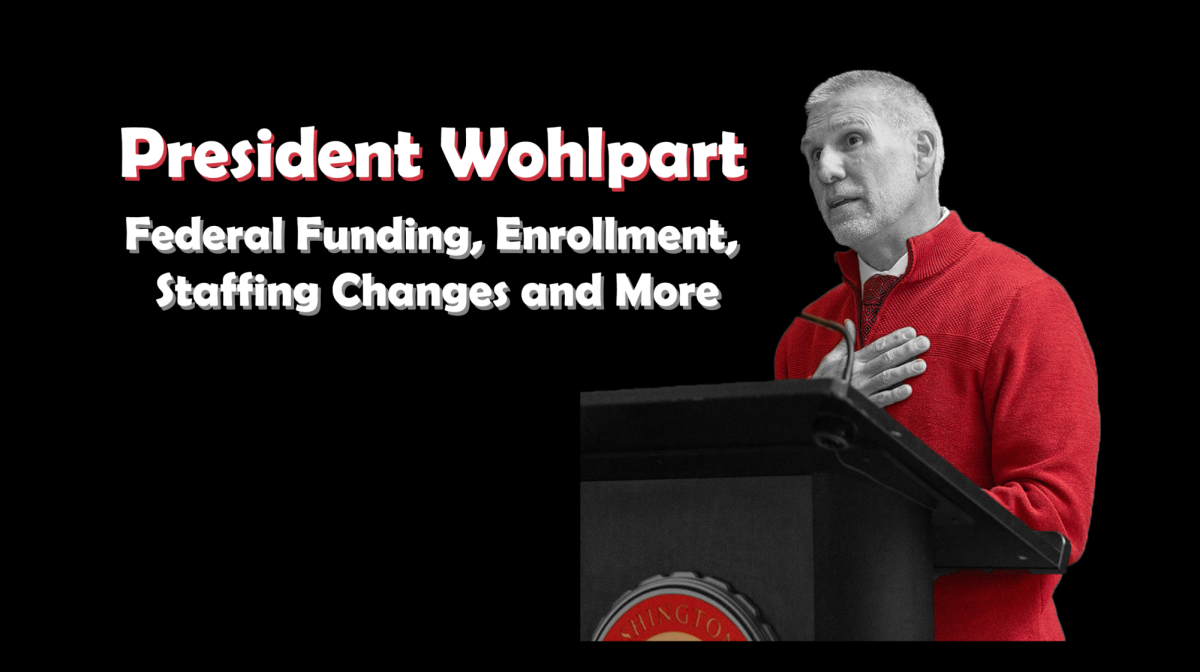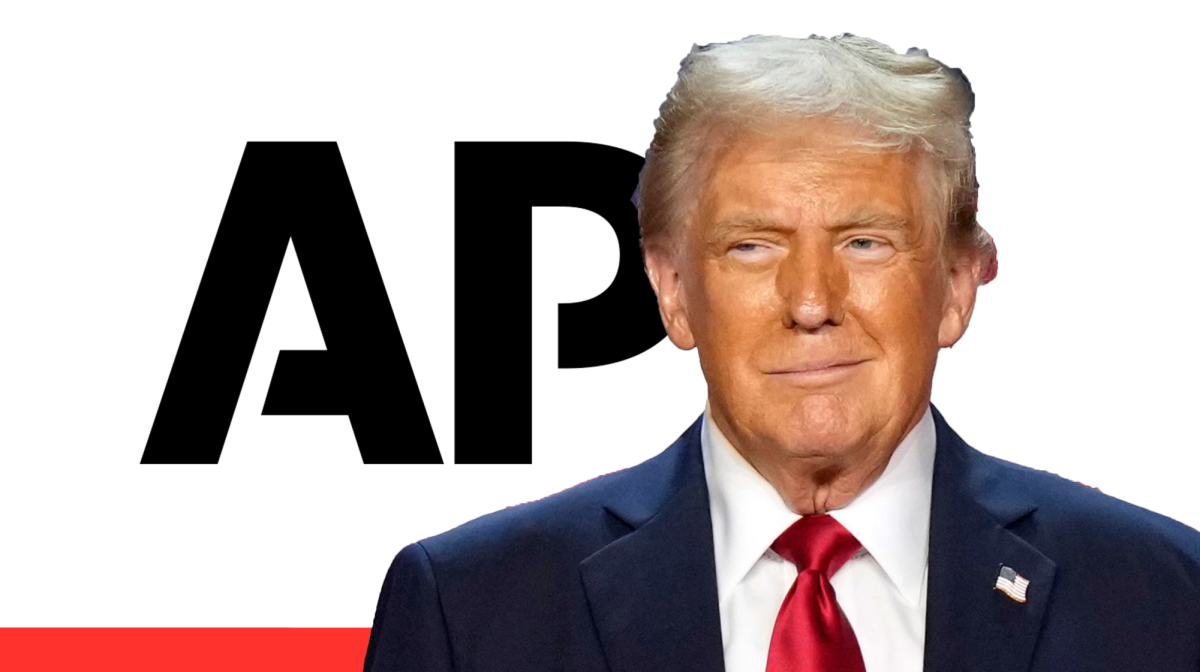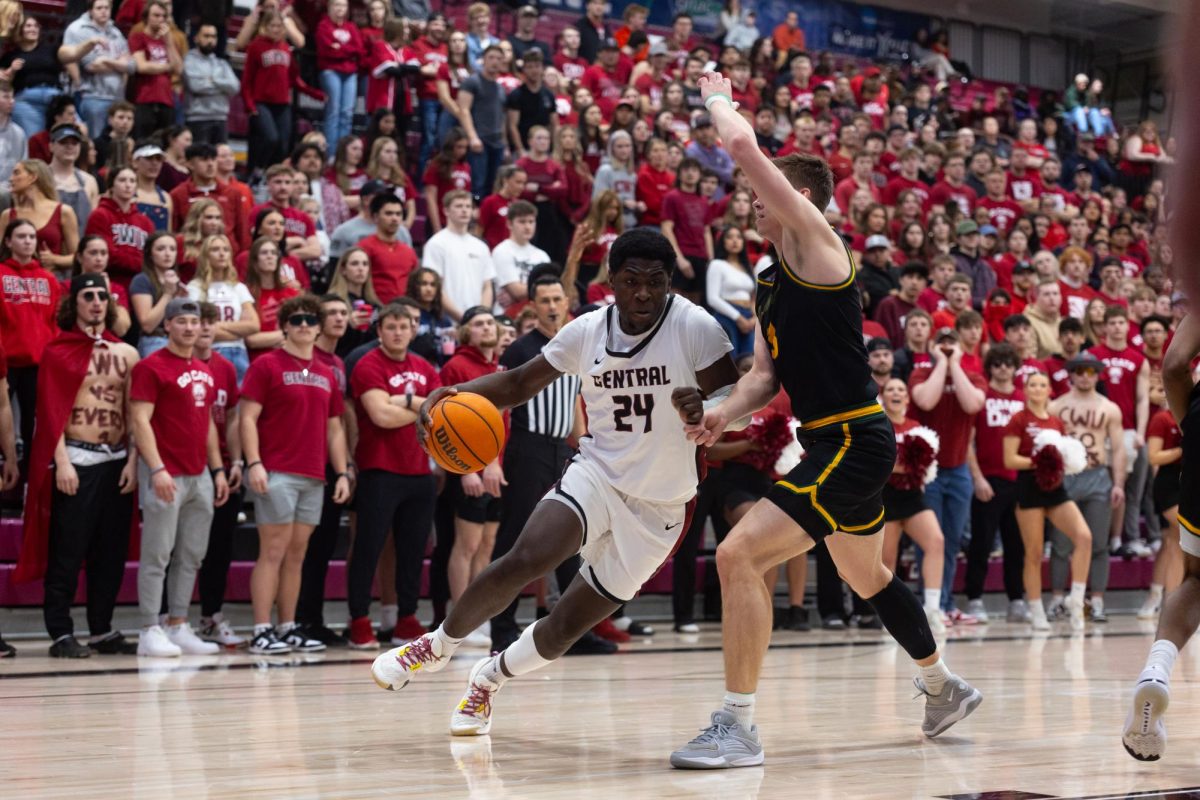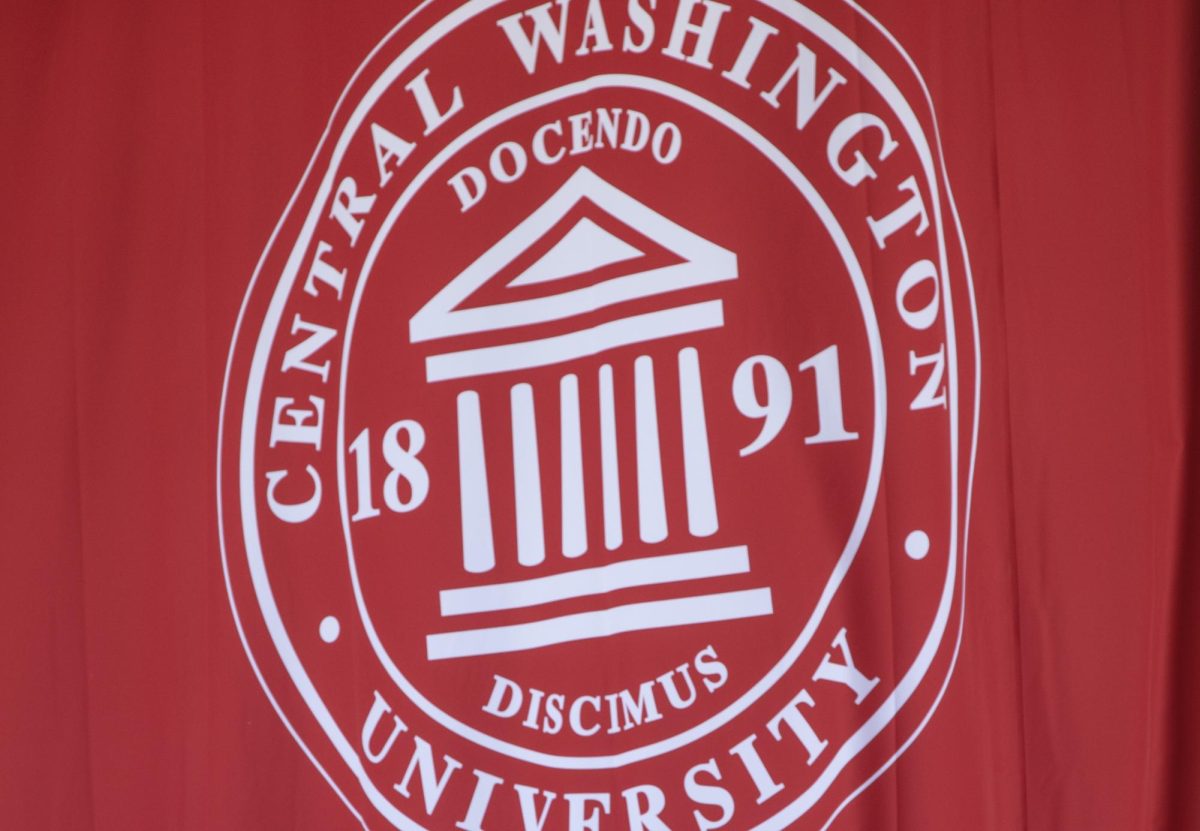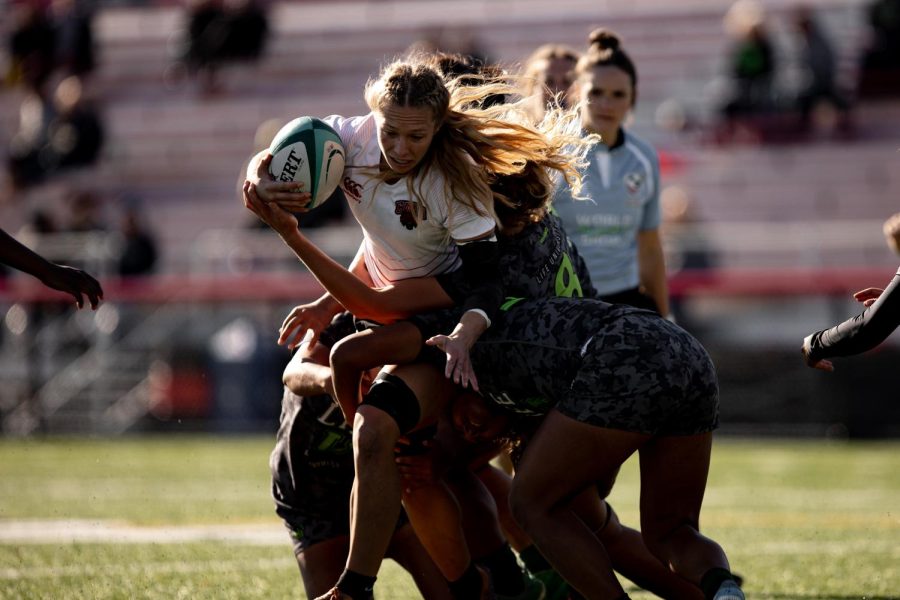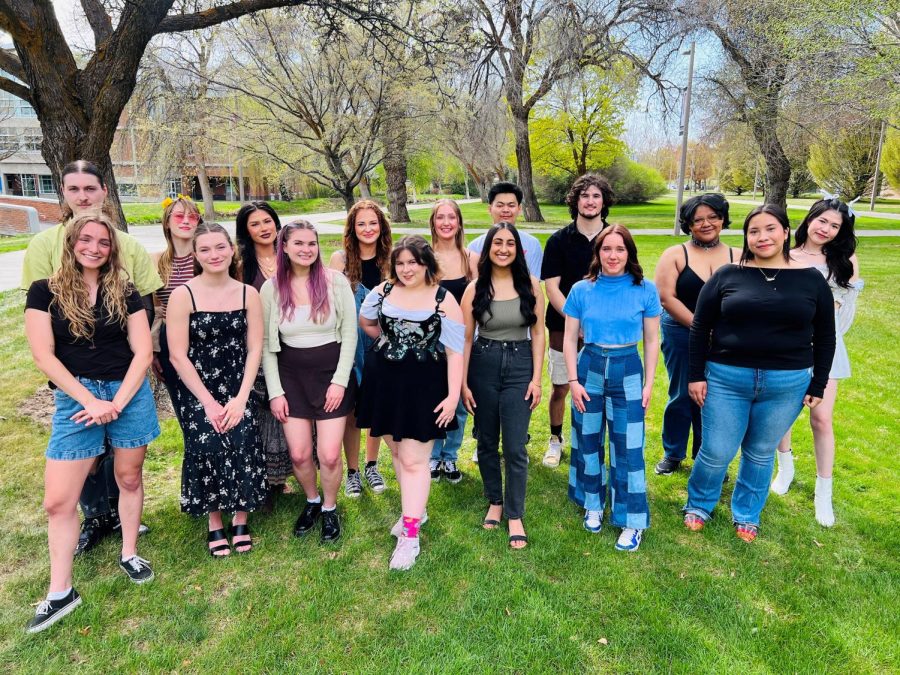The Observer received an email from David Leder, associate director of Strategic Communications and University Relations, on behalf of University Relations and the President’s Office, on Feb. 21 just after 8 a.m. The email outlined a series of issues they had with our initial Feb. 15 coverage of the ethical dilemma between President Wohlpart and our Editor-in-chief Isaac Hinson in which President Wohlpart offered Hinson an internship, creating a conflict of interest for a student journalist seeking to write about the president. In the email, Leder says, “University Relations and the President’s Office were surprised and dismayed to see the direction your team went with last week’s front page. We believe the sensational, all-caps headline and substance-free article that accompanied it misrepresented the conversation that took place in President Wohlpart’s office, and we are disappointed that you chose to publish the package after we urged you to consider your coverage more carefully.” Leder introduced additional problems later in the email, targeting a lack of a direct quote from President Wohlpart, and stating that Hinson’s impression of the situation “does not constitute news.” The email ends with a damning statement: “We have come to expect better from CWU’s student journalists.”
Leder offered a series of questions to The Observer, which are as follows:
- “What was said, specifically, during the interview that led Isaac to believe the president was offering him an internship?
- Why did your team wait until 9 p.m. to pose your follow-up questions when you could have done so much earlier in the day?
- Why did you report that the interaction with President Wohlpart ‘raises ethical questions’ when you weren’t able to attribute any statements to him directly?
- Why did you decide to make this misunderstanding, with zero attribution, your main news story when the interview was about CWU hiring a new provost?”
In an ensuing response, The Observer addressed University Relations and the President’s Office’s concerns, citing The Observer’s Code of Ethics and the Society of Professional Journalists (SPJ) Code of Ethics, which were also listed as sources in our Feb. 22 follow-up article regarding the ethical dilemma. We directly answered every one of Leder’s questions as well as further expanded on our ethics-based thought process in a sequence of summaries below.
In response to the first question they asked, Hinson gave his account of the situation, noting that all discussion of President Wohlpart’s internship offer occurred before and after the recording.
Then, to answer question two, we highlighted the time constraints that we, as student journalists, have and how we prioritized talking to the editorial team before making any decisions about how to handle the ethical dilemma that had occurred just hours before. Once we had decided how we wanted to address the situation, we worked on figuring out a way to connect with President Wohlpart for comment before we sent the paper off to be printed that night.
For the third question, we discussed how we were uncomfortable attributing anything specifically to President Wohlpart because we didn’t have a way to make sure it was accurate. The Observer’s Code of Ethics says that we, as journalists, need to “exercise care to avoid error.” All communication between The Observer and President Wohlpart occurred exclusively through Leder and Andrew Morse, Chief of Staff and the Vice President of University Relations. President Wohlpart was however made aware of our coverage on Feb. 13, giving him ample opportunity to directly provide his side of the story, which he did not.
And to the final question, we reiterated that it was essential for us to do our due diligence by reporting on the incident. We refused to back down on our shared belief that the situation was not a misunderstanding. “If the topic of an internship offer had not been broached by President Wohlpart during the interview, CWU’s hiring of a new provost would have remained our main news story for the week,” read our email.
Quoting from our response, “The staff of The Observer have similarly come to expect better from our school’s leadership, and are discouraged by your hostile approach towards your own students.”
After discussing the response with the entire Observer staff, we sent our reply to Leder on Friday, Feb. 23 before the end of the business day.
Leder, on behalf of University Relations and the President’s Office, replied to The Observer’s response on Feb. 26. “Thank you for your responses and a copy of the recording. We hope to find better ways of working in the future.” Two minutes later, he quickly added “My mistake: ‘We hope to find better ways of working with you in the future.’”
Read the full transcripts of both emails.


